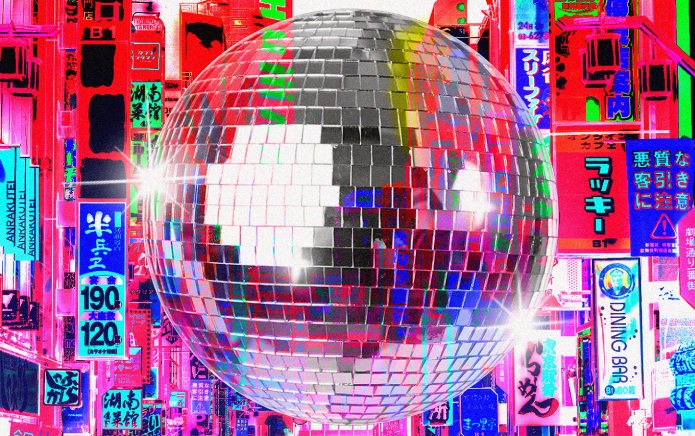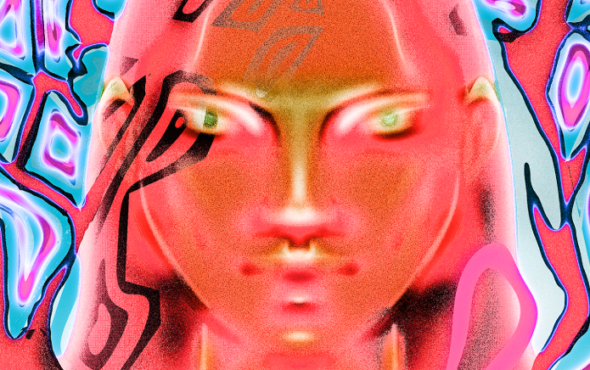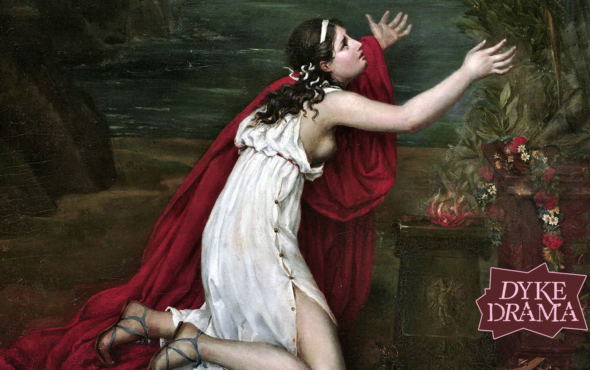
From its inception in 2005, UK Black Pride has served as a critical convergence point for those who find themselves caught in the intersectional crosshairs of being both a minority and LGBTQ+. Intersectionality, a term conceptualized and coined by Kimberlé Crenshaw, describes “an analytical framework for understanding how aspects of a person’s social and political identities combine to create different modes of discrimination and privilege.”
UK Black Pride was initially a day trip to Southend-on-Sea organised by Black Lesbians in the UK (BLUK). The group wanted to create an environment where diverse sexualities and identities could be both safe and celebrated. Prior to this, no other organisation of this nature had existed. Formed as a direct response to a rise in racial violence, Xenophobia and Islamophobia and a lack of refuge from the community; UK Black Pride aimed to tackle the rising dissent of QTIPOC (queer, trans and intersex people of colour) who often felt negated by mainstream queer culture that actively participated in QTIPOC marginalisation.
According to the LGBT in Britain – Home and Communities Report – a study by YouGov – over 51% of QPOC face discrimination within the LGBT community. Over a third of trans/non-binary people, an eighth of differently abled people, and a fifth of LGBT people of non-Christian religions feel they’ve experienced discrimination from within the community because of different parts of their identities. As well as this, only half of LGBTQ+ people are out to their families and friends. QTIPOC have often found themselves both under and misrepresented.
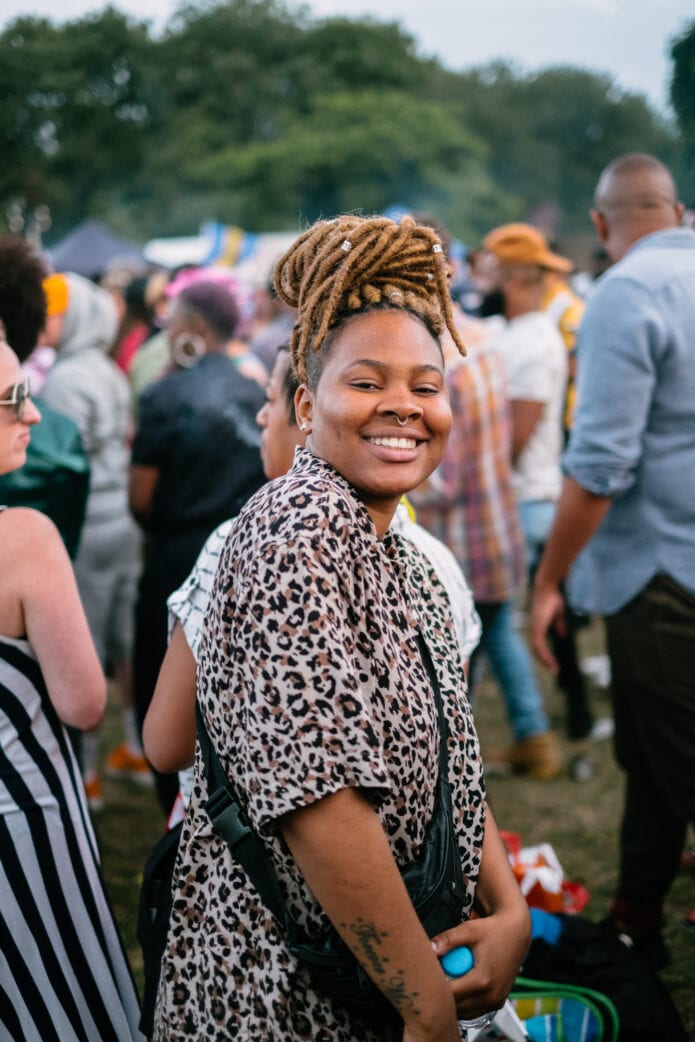
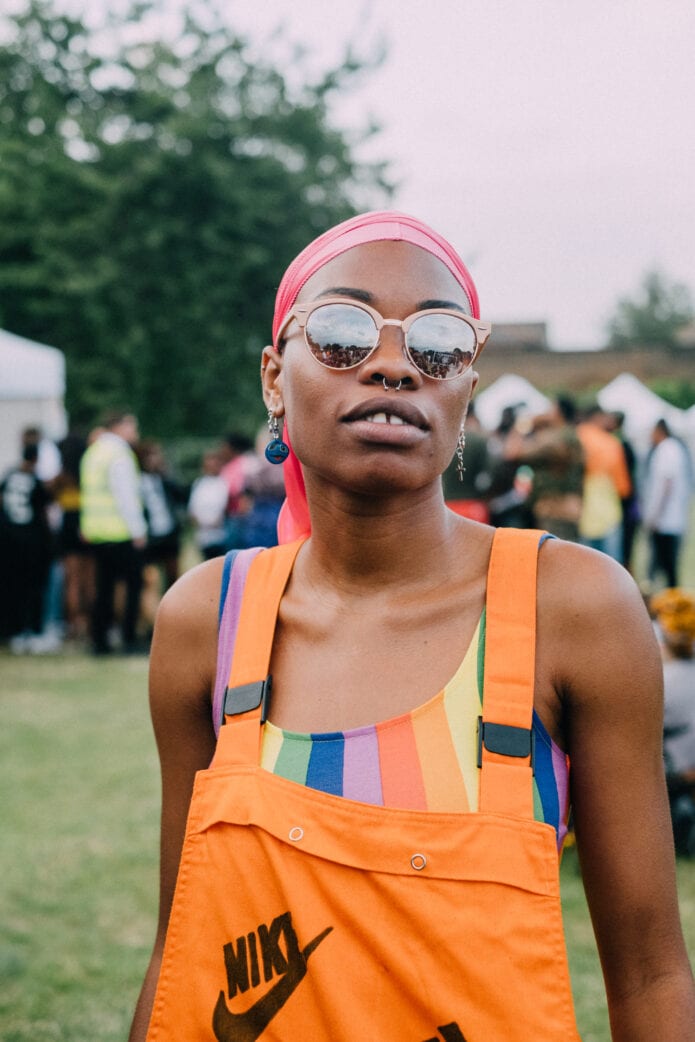
Spearheaded by lesbian co-founder Lady Phyll, UK Black Pride thus began its mission of strength through unity. It has since become the biggest LGBTQI+ event in Europe for African, Asian, Indeginous, Caribbean, Latin American and Middle Eastern peoples, and its necessity has only grown, with more charities like Stonewall actively creating partnerships. Stonewall decided to withdraw from Pride in London in 2018 and created a new union with UK Black Pride – as well as some other community-led organisations in 2019 – as many felt Pride in London was not a champion of a diverse community. Earlier this year, prominent BIPOC volunteers of Pride in London – like Rhammel Afflick and several others – severed ties with the organisation.
Growing from strength-to-strength, UK Black Pride has expanded from a humble 400 attendees in its first ever event to 10,000 Pride-goers in 2019. When it went digital for its 15th birthday anniversary last year due to the ongoing COVID-19 pandemic, more than 30,000 engaged with the event online. It proved yet again the strength in unity that inclusive intersectional spaces provide. At present the organisation has pulled its focus to even further growth. Their community outreach, advocacy initiatives and social networking mean more QPOC can be provided with opportunities to relax, connect and experience the safety of an uplifting community.
In 2021, UK Black Pride launched its inaugural community survey. The survey’s aims are to create a more representative understanding of issues that pertain specifically to QTIPOC, as the respondents in initial surveys like the one from YouGov were 90% white. Being exposed to any bigotry is an emotionally taxing feat, and it further alienates QTIPOC searching for retreat in spaces that are meant to protect the community without constant scrutiny, exclusion and microaggressions.
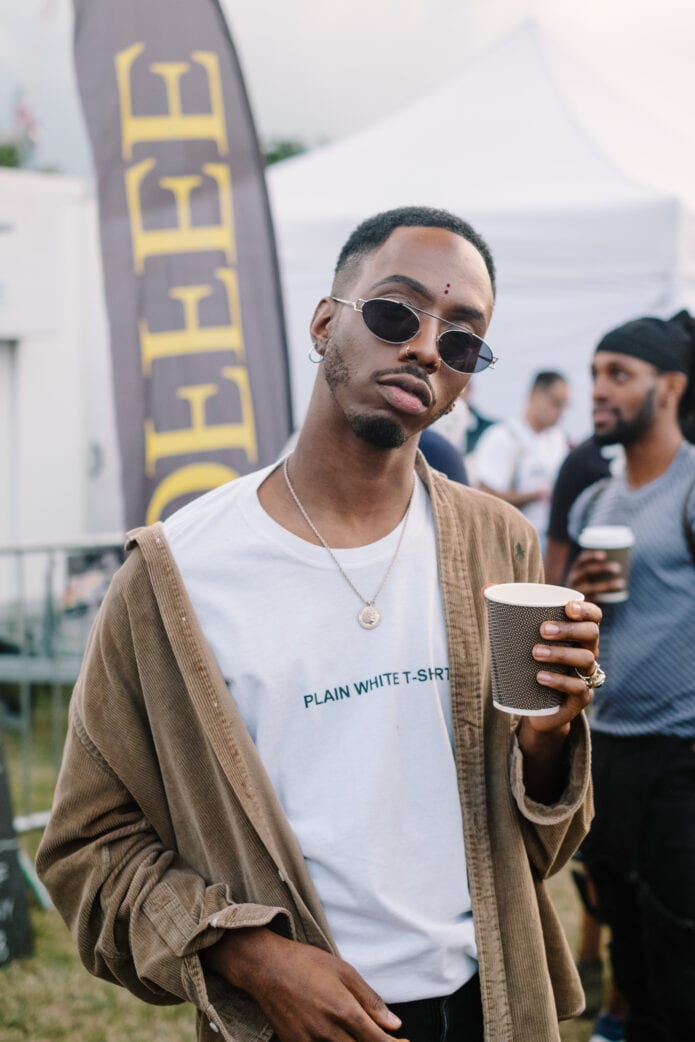

As a QTIPOC, there seems to be an essence of collective pride and respect that has been lost. The goal of UK Black Pride is to challenge that. However, although at the centre of UK Black Pride is the desire to combat the systemic oppression all minorities face, the annual event has also become a bedrock of Black joy. UK Black Pride is a huge platform for QTIPOC artists, musicians and makers. Each year, they collate a line up of the best talent and provide them with key engagement with fans who are seldom afforded the beauty of seeing performers that represent who they are. Most importantly, it acts as a relief centre, providing necessary moments of enjoyment as well as facilitating numerous mental health workshops, collaboration events and spiritual well-being; things that are often sidelined in the community. It is essential to push forward a narrative that brings hope and encourages each of us to see the light at the end of the proverbial tunnel, no matter how bleak or distant it seems. While trauma cannot be ignored, we must continue to nurture that which nurtures and feeds us spiritually and emotionally.
A society is only as strong as its most disenfranchised member, that’s why UK Black Pride is fulfilling a necessary service to the LGBTQ+ community at large: just as the LGBTQ+ minority fought hard for its inclusion in wider society, the LGBTQ+ community must now take responsibility to help represent and protect a smaller-minority, who’s access to freedom is further hindered by class, race and religious affiliation. True liberation cannot be reached until that becomes the priority. It is the responsibility of the entire community to join in this endeavour, and finally achieve some level of equality for all.
UK Black Pride will take place as a digital event across the weekend 2-4 July.
